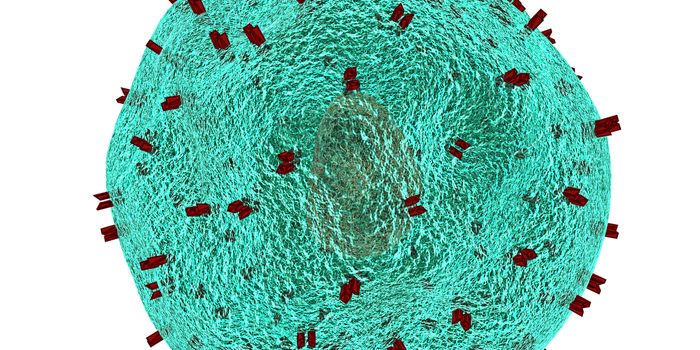A Protein Detectable in Blood Linked to Diabetes Onset and Cancer Mortality
Type 2 diabetes (T2D) is a well-established risk factor associated with some types of cancer, including liver, pancreas, endometrium, colorectal, breast, and bladder. In fact, cancer and T2D have many common risk factors, including age and obesity. Both cancer and diabetes comprise highly complex diseases with various subtypes and distinct pathologies and involve multiple organ systems. These challenges make it difficult to fully understand the links between cancer and T2D.
A recently published study in Diabetologia has uncovered a potential link between cancer and diabetes, a protein called prostasin. Prostasin regulates the sodium within the epithelial cells, which line the surfaces of organs and blood vessels. In addition, prostasin is essential in regulating blood pressure and volume.
The new report arose from data analyzed from the Malmö Diet and Cancer Study. This large-scale, population-based prospective case-control study enrolled over 50,000 men and women between the ages of 45 and 64 living in Malmö, Sweden. The original research began in the early 1990s and aimed to investigate associations between diet and cancer development. The study collected information, including participants' diet, heredity, lifestyle, occupation, and medical history. In addition, the original researchers collected specimens from the participants, including blood samples and tumor biopsies from participants who developed cancer.
Between 1991–1994, researchers invited a sample of participants to join a sub-cohort study named the Malmö Diet and Cancer Study Cardiovascular Cohort. The researchers evaluated plasma samples from this sub-cohort, including over 4,000 participants, for analysis in the current study, and they made two novel observations. The data included in the current research covered over 20 years of follow-up.
First, the analysis revealed that participants with high levels of prostasin were about twice as likely to have diabetes. When eliminating participants who had diabetes at enrollment and evaluating just those who developed diabetes later, the association was even more extraordinary. The enrollees with the highest levels of prostasin were over 76% more likely to develop diabetes than those with the lowest prostasin levels.
Second, the researchers linked prostasin to cancer. Specifically, their research found that people with the highest prostasin levels were more than 40% more likely to die from cancer than those with the lowest prostasin levels. Notably, when examining patients in the cohort with elevated blood glucose levels, the association between cancer mortality and prostasin was even more robust.
Despite the increased risk of developing diabetes and dying from cancer in those with elevated prostasin levels, the researchers found no association between prostasin and death due to cardiovascular diseases. The authors conclude that prostasin, measurable in plasma, is a novel and informative marker to indicate the risk for developing diabetes and cancer mortality. In individuals with high blood glucose, both risk factors increase even more.
Sources: Diabetologia, Diabetes Care, J Biomark, J Intern Med, Diabetic Med
-
APR 30, 2024Immuno-Oncology Virtual Event Series 2024
-
MAY 07, 20243rd International Biosecurity Virtual Symposium
-
SEP 03, 2024Microbiology Week Virtual Event Series 2024
- See More


















































